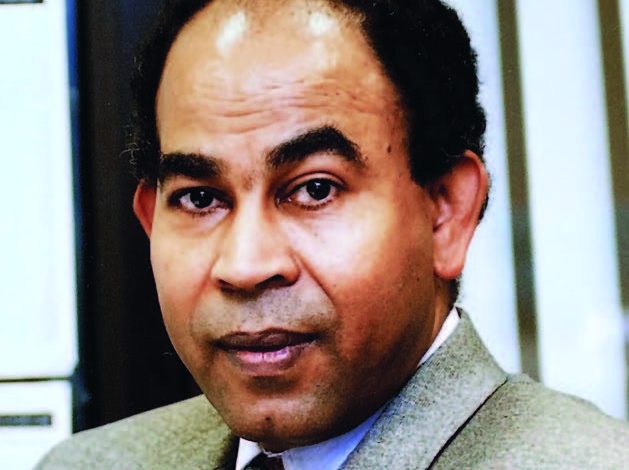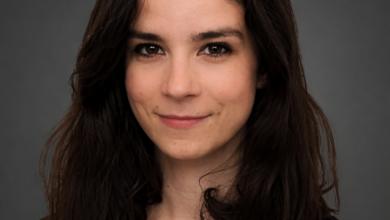Opinion
Shifting Dynamics in the Sudanese Scene

By Othman Mirghani
Former British Ambassador to Sudan, Sir William Patey, surprised many during a recent interview with LBC Radio in London. He launched a scathing attack on the Rapid Support Forces (RSF), highlighting the severe violations they have committed, including killings, rapes, and war crimes. He asserted that the RSF must be defeated to avoid a bleak future for Sudan. Patey urged the international community to take a clear stance and choose a side, stating, “I think we should side with the Sudanese army” to establish initial stability in Sudan before transitioning to discussions on civilian governance.
While Patey was not expressing an official position of the British government, his views reflect his personal insights and expertise. However, his remarks are not isolated. They may signify a shift in the perspectives of various stakeholders, especially after 19 months of war that have exposed the horrifying atrocities committed by RSF forces wherever they have operated, reinforcing the image Sir Patey described.
The British government itself recently amended its earlier draft resolution at the UN Security Council. Initially seeking to deploy African forces under a “blue helmet” UN mandate to protect civilians, the revised draft, submitted mid-week after consultations, includes significant changes. It now begins with a strong condemnation of RSF violations, including ethnically motivated killings, sexual violence, and the destruction and looting of livelihoods and homes, particularly in Khartoum, Darfur, and Gezira states.
A Shift in the U.S. Position
U.S. envoy Tom Perriello, who recently visited Port Sudan and met General Abdel Fattah al-Burhan as “Chairman of the Sovereignty Council,” according to the State Department, has adopted a different tone. Previously an advocate for deploying African-international forces, Perriello has pivoted to discussing local ceasefires and humanitarian corridors during his meetings with government officials. He proposed short-term, localized pauses in fighting to ensure the flow of humanitarian aid.
During these discussions, Perriello undoubtedly encountered a firm stance from the Sudanese government regarding the conditions for negotiations and a ceasefire. General al-Burhan reiterated this position in a speech two days ago, promising the public a shift in the balance of power and an imminent victory. He emphasized that no negotiations or ceasefires would occur unless the RSF withdrew from civilian homes, vacated all areas, ended the siege of Al-Fashir, and regrouped in designated zones.
Mounting International Condemnations of RSF
In light of developments on the ground and escalating RSF crimes against civilians—particularly recent events in Gezira State, where peaceful villages were attacked and residents terrorized—the international condemnation of RSF practices has intensified. Statements from the U.S. State Department, European Union officials, and other countries now highlight the distinction between the army as a state institution and the RSF. For instance, Germany, through its chargé d’affaires in Sudan, recently declared that it does not equate the army with the RSF, citing the destruction, atrocities, and violations perpetrated by the RSF against civilians, and called for their accountability.
Is the Idea of Deploying African Forces Dead?
For now, the push to deploy African forces appears stalled, especially after Russia’s veto at the UN Security Council and the UN Secretary-General António Guterres’ report deeming the conditions unsuitable for deployment due to the lack of a ceasefire agreement. Furthermore, the Sudanese government strongly opposes the idea, and the African stance is not unified. Some states oppose the plan, with Mohamed Ibn Chambas, head of the African mechanism for resolving the Sudanese crisis, dismissing its feasibility and advocating for negotiations to resolve the conflict.
However, policy decisions are often shaped by evolving circumstances and interests. Some stakeholders might revisit the idea if large-scale violations persist. That said, any such move is unlikely to happen soon, as decision-making in major capitals will slow down during the Christmas and year-end holidays and await the new U.S. administration’s inauguration on January 20.
Current Focus: Humanitarian Aid and Local Ceasefires
For now, the focus will shift to exploring mechanisms to facilitate humanitarian aid, including localized ceasefires and short-term pauses in fighting, as suggested by the U.S. envoy. Negotiations remain contingent on developments on the ground and whether, as al-Burhan stated, the war is truly approaching its conclusion.


